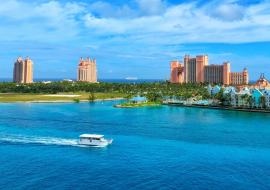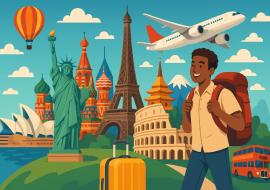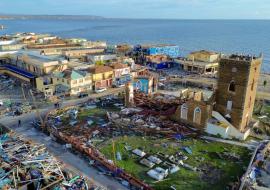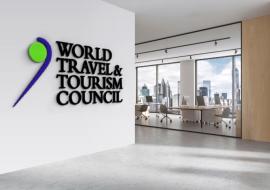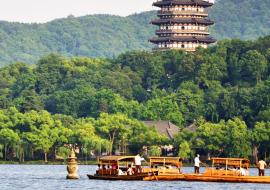Brazil’s Travel Industry Faces Major Snags
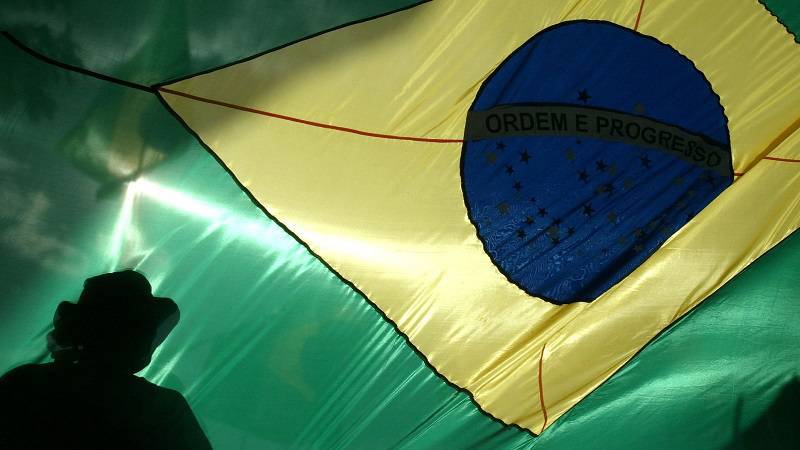
Brazil is home to the largest rain forest on Earth, with miles of sandy, deserted beaches and striking flat-topped mountains. It is the birthplace of samba and a devilish little drink called the caipirinha. It has large reserves for native people and appealing colonial towns built by the Portuguese.
However, in spite of such riches for travelers, Brazil has a tourism problem. While visitors have heard about the Amazon or the stunning beaches of Rio de Janeiro, they also have heard about Brazil’s high crime rate, Zika virus outbreak and that its politicians have concocted the largest graft scheme in Latin American history.
Last year, only 6.6 million foreigners visited the country, according to the Ministry of Tourism. That’s about half the number that goes to the tiny city-state of Singapore, in spite of World Economic Forum ranking No. 1 in natural resources and No. 8 in cultural resources. Also, Brazil hosted the 2016 Summer Olympics.
Vinicius Lummertz, the president of Embratur, Brazil’s tourism board said, “The highest gap between potential in tourism in the world and what’s been realized so far is Brazil.”
The government plan includes a law to allow 100 percent foreign ownership of airlines, with the aim of increasing flight routes and driving down the cost of travel. Another plan is to allow Americans, Canadians, Japanese and Australians to apply for visas online, instead of at a consulate.
Cheaper flights and a better visa process will address some tourist complaints about Brazil.
High import taxes and other hangovers from isolation make the country pricey for travelers. Also, few Brazilians speak English, partly because they are unlikely to come across global travelers.








